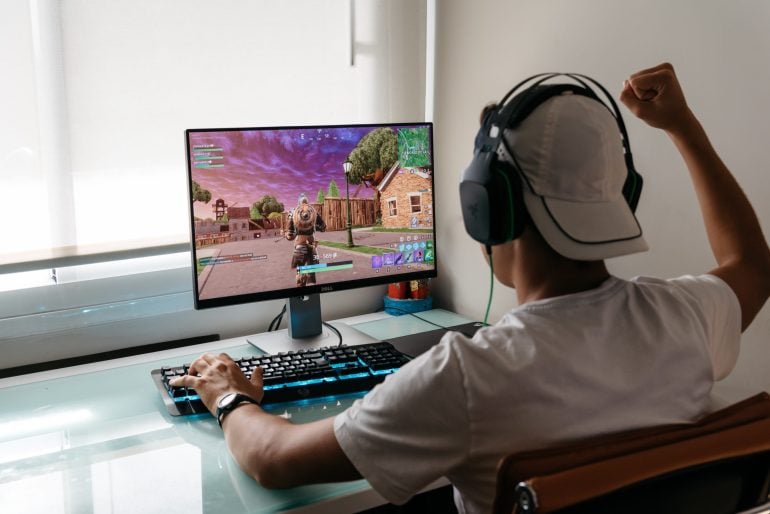Speaking at a parliamentary committee hearing into the skilled migration program on Monday, industry representatives lamented the opportunities gone begging because of a system that is not fit-for-purpose.
Dr Jens Schroeder, a director at the Interactive Games and Entertainment Association (IGEA), said part of the problem was that many of the roles needed for creating video games simply don’t fall under the rigid categories for permanent residency.
“We’re not just looking for programmers but for artists, designers and people with often very niche skills, such as narrative designers, data specialists, level designers, virtual economy designers and so on,” he said.
“The fact that these kinds of roles do not lead to permanent residency makes hiring senior and niche talent exceedingly difficult.
“The prospect of having to leave the country after a relatively short amount of time is less than enticing, in particular, for the kind of senior talent that might have families.”
Steven Wang, general manager of game developer Wargaming Sydney, spoke of the difficulty getting an employee – who once worked for King, the company behind Candy Crush – into Australia.
“He ended up being stuck in Spain for 12 months and was working remotely managing a team here, with shifted hours and so on,” Wang said.
“I don’t know how he had the resilience to stick it out for that long, but, fortunately, he did.
“Someone like that is just a goldmine of experience in the development and delivery of these products.
“To have that person eventually come over here was a huge win for us.”
In its interim report into the skilled migration program, the committee noted a need for temporary visas under the Global Talent Visa program and that a temporary visa “would have particular benefits in the technology industry and other emerging industries”.
But Schroeder is concerned the Global Talent scheme, with its minimum salary threshold of $153,600, leaves the industry “in limbo” even when it is searching for professionals who earn six-figure incomes.
Attracting talent
With such niche skillsets, people working in the video game industry are often in high demand which means development studios like Wargaming have to compete internationally – that means a slow or complex migration system can directly hamper the ability to attract appropriate talent.
“The projects we’re working on are in the tens of millions of dollars in development before they are released. So, people who are working on those projects are generally, as senior professionals, committed to these projects,” Wang said.
“At the end of that project, from a career perspective, is when they might consider looking for other companies or other opportunities.
“If the visa application process takes too long in the competitive period when those people are considering moving somewhere else, we just lose people.
“We’ve had a number of people who have been interested. We’ve made initial offers to them. Things have taken too long and they’ve just taken another offer.”
Further exacerbating the dry talent pool for Australian video game developers is the lack of opportunity and inability to properly train up the next generation.
Ron Curry, CEO of the IGEA, said skilled migration was an important aspect to maintaining the local talent pool.
“We’re losing talent in two ways. We’re losing junior talent because there’s nowhere to work. That’s very simple,” he said.
“The next set of talent we’re losing is those who come out of university, get their skill sets up to a certain level and hit a ceiling because there’s no-one to train them.
“If they want to advance their careers, they need to move somewhere else.”
Curry wants to make it easier for the video game industry to import senior talent that will not only train a large cohort of future video game creators, but who may also set up businesses of their own in Australia.
- This story first appeared on Information Age. You can read the original here.




















Trending
Daily startup news and insights, delivered to your inbox.